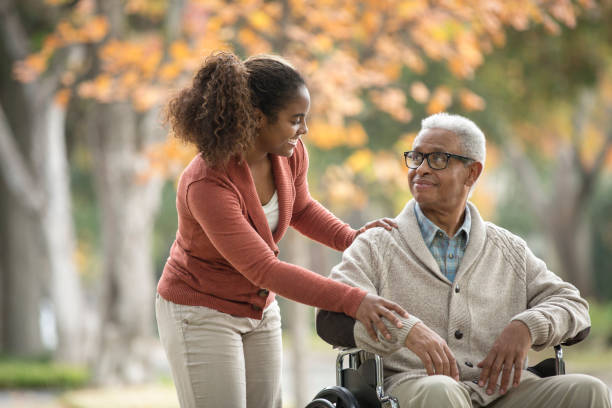(ThySistas.com) For caregivers to remain phenomenal at their job, they must stay safe and healthy. A burnt-out, unwell caregiver does not make a good carer, meaning they and the person receiving care lose out. If you are a care agency or a caregiver, keeping your team happy and healthy is crucial.
Check out these five keys to employee safety in healthcare:
1. Insure, Insure, Insure
If you’re operating an agency, getting a healthcare workers compensation insurance quote and taking out a policy is crucial. It protects against work-related illnesses or injuries, covering medical costs and lost earnings. Insurance is required in most workplaces, but if it isn’t, either take that as a red flag and work elsewhere or consider getting your own policy. Most workplaces that hire caregivers require that you have it as it also protects them against related lawsuits and other legal compliance.
2. Protect Against Sharps & Infectious Materials
In a caregiver role, some nursing and medical care may be required, including administering injections. Caregivers need to be protected against risks from needles and potentially infectious materials, and other people need protection too.
A sharps box, proper procedural training, and effective disposal of the needles should be a top priority. The same procedures need to be in place for infectious materials like used cleaning equipment. Ensure all materials are contained and properly disposed of so no one is put at undue risk.

3. Protect Against Pathogens from Bodily Liquids
During the height of the pandemic, estimates suggest that between 80,000 and 180,000 care workers died from the virus. Caregivers were on the front line, exposed to bodily fluids and airborne and bloodborne pathogens. Although the risk from COVID-19 has abated, caregivers continue to be exposed to pathogens as they interact with and care for patients.
It is crucial to apply safety measures so you and your team can deliver brilliant levels of care without putting yourselves at risk. Gowns, gloves, aprons, safety goggles, face shields, and masks are all essential and should be readily available for all caregivers to use as regularly as required.
4. Protect Against Injuries from Lifting
In a recent study, 75% of informal caregivers reported having injured themselves while lifting and handling a patient. Formal caregivers are exposed to the same level of risk – if not more – as they are required to quickly and effectively lift and handle multiple patients a day in various different ways.
We recommend approaching this issue proactively and not retrospectively because an injury from lifting could be bad enough to rob a carer of good health and their career. In this regard, proper health and safety training, like those provided by companies similar to Team 1 Academy, along with the provision of physical equipment like hoists, are essential so caregivers can perform their tasks and support their patients safely. Regular safety training equips caregivers with the knowledge and techniques necessary to mitigate risks and prevent potential injuries, ensuring they can continue providing quality care without compromising their well-being.
5. Respect & Support Carer Mental Health
Scientific studies show that caregiving causes a negative psychological impact, which can also cause physical issues. Psychological distress and uncomfortable symptoms are common among family caregivers, but this issue can also happen to professional caregivers.
They are exposed to many traumatic and emotional situations daily, and these tragic and horrific moments can take their toll.
Various measures like one-to-one therapy, access to support, and complementary mental health resources can help. Free gym access and other support services can all contribute to a happier, healthier caregiver who is better able to do an incredible job.
Health and happiness are essential features of a carer capable of having a genuinely positive impact on their patients. What will you do to protect yourself or your staff so that your phenomenal care work can continue?
Staff Writer; Sophia Jackson










Leave a Reply